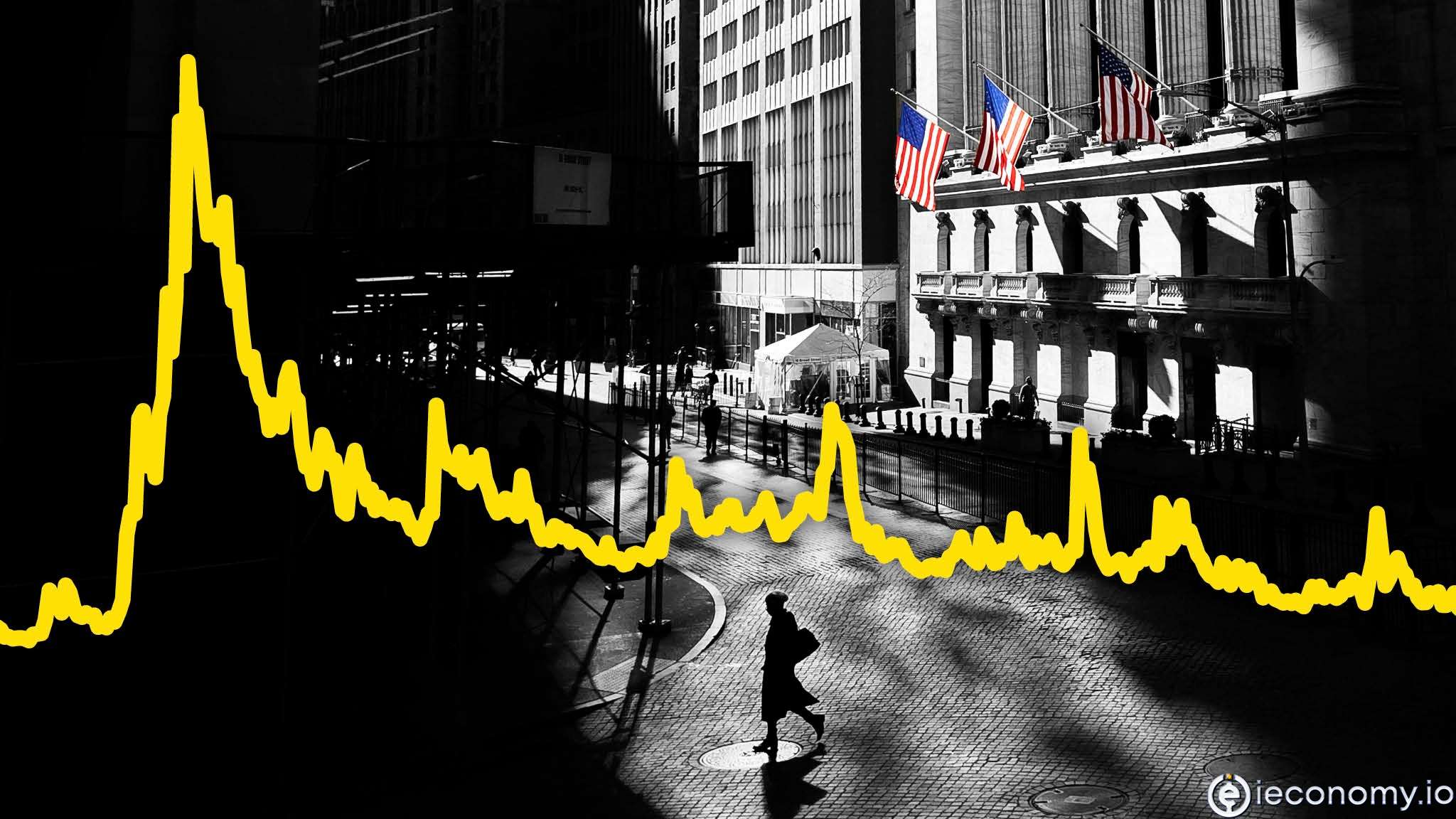9760
0
Poor economic data caused Wall Street to fall
Poor economic data caused Wall Street to fall. Lower retail sales and increased producer prices are causing a hangover on Wall Street.

Yazar: Tom Roberts
Yayınlanma: 16 Haziran 2021 14:47
Güncellenme: 3 Mart 2026 06:01
Poor economic data caused Wall Street to fall
The majority of economic data that fell short of expectations caused Wall Street to fall. Above all, the surprisingly significant drop in retail sales weighed on the mood. Investors held back because of the Fed meeting, the results of which will be announced on Wednesday. Inflation has increased noticeably in the past few months. The reasons were the economic recovery from the pandemic-induced slump and delivery bottlenecks. However, the US Federal Reserve insists that inflation will only be temporary - an opinion shared by many market participants. However, if inflation stays at a high level for longer and the Fed cuts its support for the markets through monetary policy tightening, this confidence could be shaken, it said. The Dow Jones index lost 0.3 percent to 34,299 points. The S&P 500 closed 0.2 percent lower at 4,247 points. For the Nasdaq composite, it fell 0.7 percent to 14,073 points - but recently it had also increased significantly. As with the consumer prices published last week, producer prices rose more sharply than expected in May. The Empire State Index fell unexpectedly significantly in June compared to the previous month. Industrial production rose again somewhat more strongly than expected in May. However, the main focus was on retail sales. Their decline in May sparked doubts about private consumption, which is so important to the US economy, but could also be understood as a sign that Americans are not worried about rising consumer prices, said Sebastien Galy, macro strategist at Nordea Asset Management. The decline in sales could mean US households are not forced to move forward for fear of inflation. Contrary to the trend, Boeing shares rose by 0.6 percent. During the first visit of US President Joe Biden to Brussels, the USA and the EU defused their long-standing dispute over the aircraft manufacturers Airbus and Boeing. Both sides committed on Tuesday to waive punitive tariffs for five years in the ongoing dispute over subsidies. With the further rise in oil prices, stocks from the energy sector were particularly sought after. With a plus of 2.1 percent, this was at the top of the sub-indices in the S&P 500. Chevron's paper was up 2.1 percent and Exxon Mobil was up 3.7 percent. The shares of the mining company Freeport-McMoran plunged 4.7 percent. It was said that the drastic drop in the copper price of over four percent had a negative impact here.İLGİLİ HABERLER





European stocks soared and focus shifted to German retail sales after Powell's speech!

Forex Signal For TRY/USD: Inflation Slowdown in November.

Forex Signal For GBP/USD: Bullish Trend Still Not Breaking While Recovery Continues.

Forex Signal For EUR/USD: Starry US Data Points to Higher Fed Increases.

Forex Signal For BTC/USD: Downside Continues as Bitcoin Recovery Moves Less.
En Popüler Haberler
Yorum Yap
Yorumlar
Henüz yorum yapan yok! İlk yorumu siz yapın...